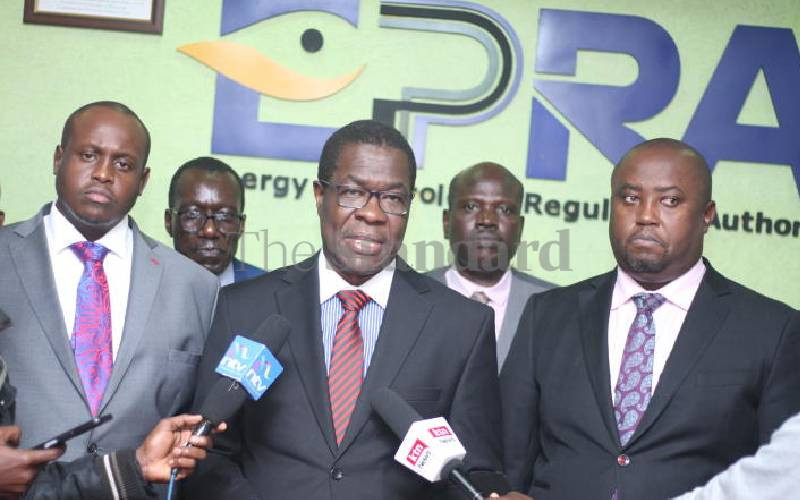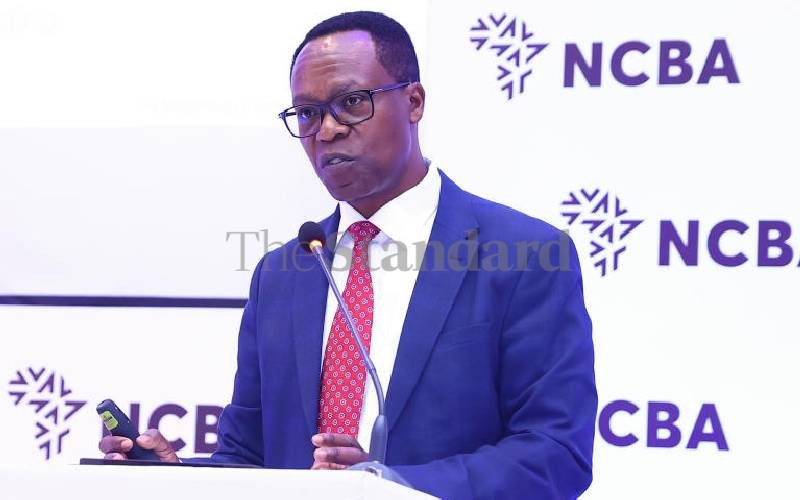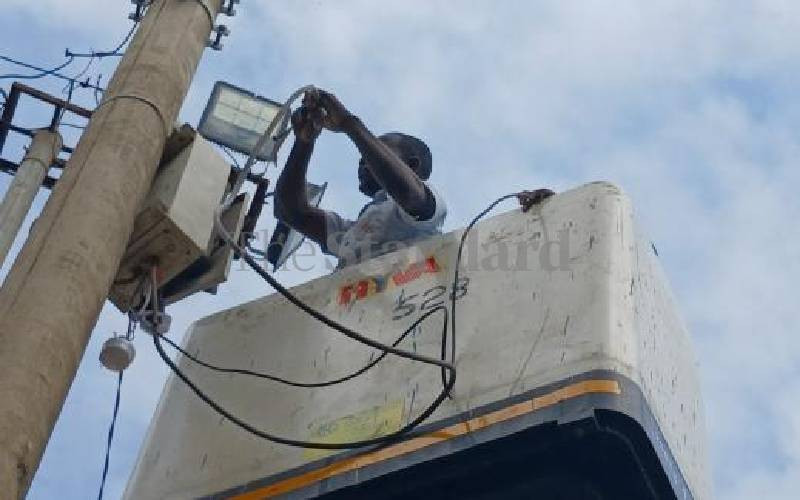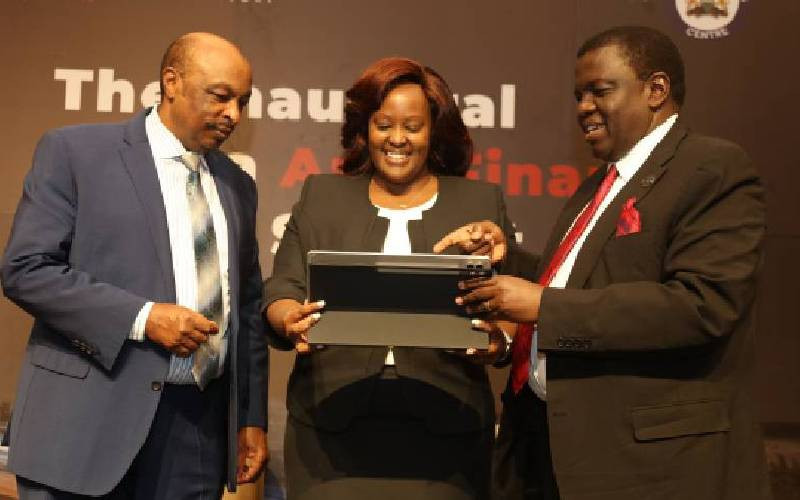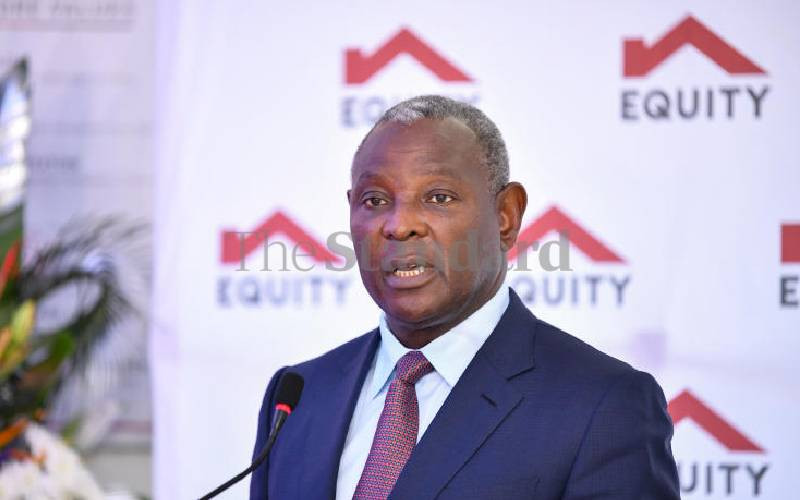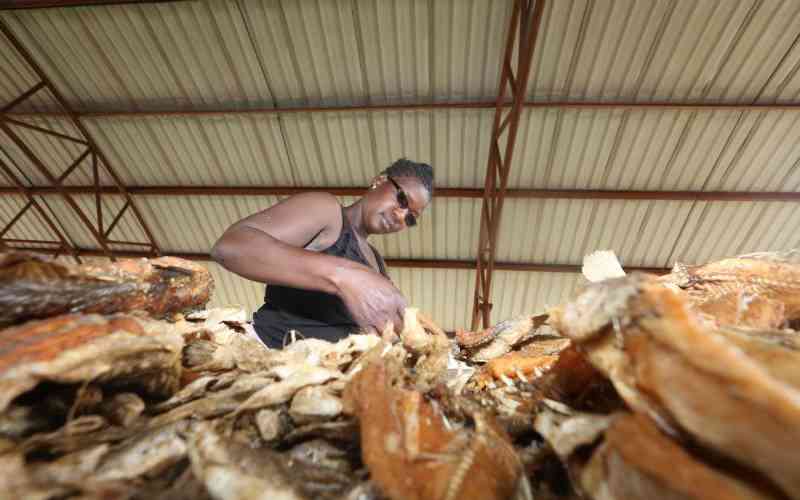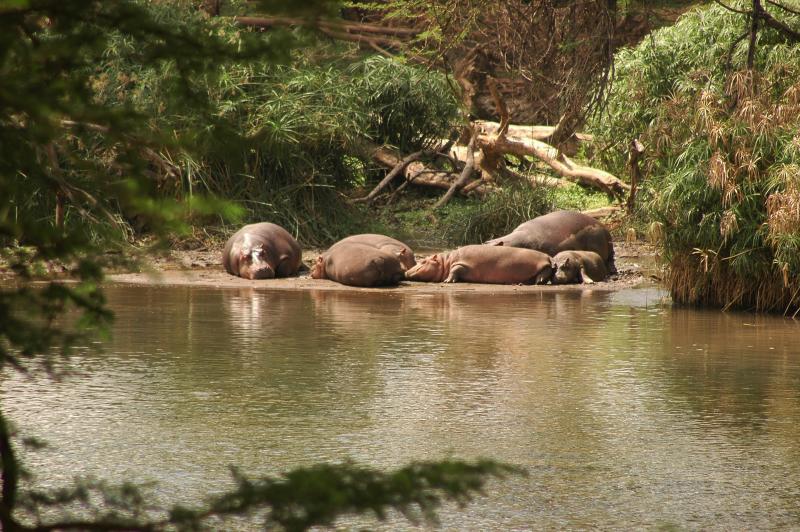
The jury is still out about the viability of plans by the government to introduce a new business model for the tourism sector amid dwindling revenues.
Tourism Cabinet Secretary Najib Balala recently said the ministry is considering a new approach in the running of the lucrative sector in the wake of the coronavirus pandemic that might see convention centres, national parks and game reserves managed by private agencies.
He said the industry has learnt more from Covid-19, which should inform changes in its business models.
“The pandemic has taught us lessons. We have woken up to a new reality that we must change. Nobody is left out and anybody going to open up after the pandemic must be refreshed,” said Balala.
“Why does the government run a convention bureau or facility? Why don’t we outsource and make it more efficient? Why does the government run a national park? These are the things that need to be corrected, and this is the time to think again.” If actualised, the new model will also see the government cut down on the number of institutions in the sector.
Balala said the idea is to have a lean team while relying on technology.
“How do you ensure you are lean, effective and efficient? These things need to be rethought,” he said.
“If we continue with the same models as before the pandemic, I do not think we will be able to progress,” added the CS.
It is not clear how the ministry plans on going about the privatisation process. Balala did not also give any timelines.
The proposal has elicited varied reactions from tourism sector players, with some saying it is likely to compromise affordability for many would-be tourists, going by the charges of privately-run facilities in the country.
“Entry fees at sanctuaries and conservatories owned by private sectors are very high because they have high operating costs,” noted Shades of Africa Travel Operations Manager Jerry Rapudo.
But Balala is confident that the proposed business model will work and insisted that the role of private entities would only be to run the facilities, with ownership remaining in the hands of the government.
“Parks cannot be sold. These are a national heritage, but they can be managed in a different perspective,” he said.
Kenya’s tourism sector earnings averaged Sh189 billion as of 2019. This figure, however, fell last year to Sh53.7 billion due to the Covid-19 pandemic.
The plan comes amid increasing financial woes by Kenya Wildlife Service-managed parks. Balala said with a budget of Sh7 billion and a wage bill of Sh5.3 billion, KWS cannot operate optimally.
“We want when there is a problem in Tsavo West National Park then we can be able to address it, and if there is a pothole or if a bridge is broken… the warden in Tsavo West can take responsibility,” said Balala.
“We have Tsavo West and Tsavo East, which are almost 20 kilometres squared... why can’t we allow people to come in and develop some of these sites and areas that can generate revenue not only for KWS so that money can also go to conservation?” posed the CS
Part of KWS’ financial woes, however, emanate from mismanagement of funds.
The KWS annual report for the financial year ending June 2017 notes that out of the Sh1.475 billion the institution received as compensation for the construction of the Standard Gauge Railway phase one that passed through the National Park, it could not account for Sh6 million of the funds.
“The money was meant for environmental restoration, but due to huge underfunding of its operational activities, the service utilised the funds under its recurrent expenditure,” says the report.
“There was no approval from Treasury for the diversion of the funds contrary to the Public Finance Management Act, 2012.”
The same went for the Sh3.74 billion compensation for the Southern Bypass road, where the Sh1.266 billion received at the time was diverted to recurrent expenditure.
“The funds were to be deposited in the Wildlife Endowment Fund, but due to alleged underfunding of the recurrent operations of the service (KWS), they were utilised on recurrent operations,” reads the report.
In the financial year ending June 2014, KWS also utilised Sh836.5 million of the Sh1.68 billion meant for the construction of non-classified roads and other civil works for recurrent expenditure.
Kenya Tourism Federation Chairman Mohammed Hersi while supporting the idea, insisted that it should be limited to public-private partnerships.
“We are not against public-private partnerships; what we are against is the outright sale,” he said.
 The Standard Group Plc is a multi-media organization with investments in media platforms spanning newspaper print
operations, television, radio broadcasting, digital and online services. The Standard Group is recognized as a
leading multi-media house in Kenya with a key influence in matters of national and international interest.
The Standard Group Plc is a multi-media organization with investments in media platforms spanning newspaper print
operations, television, radio broadcasting, digital and online services. The Standard Group is recognized as a
leading multi-media house in Kenya with a key influence in matters of national and international interest.


